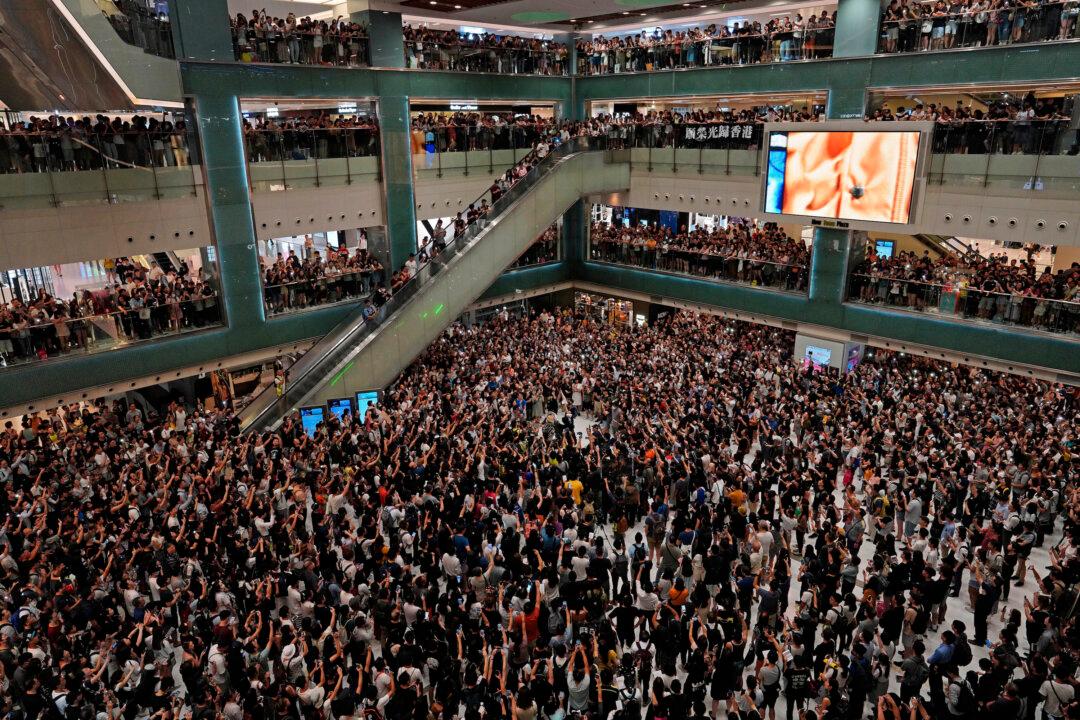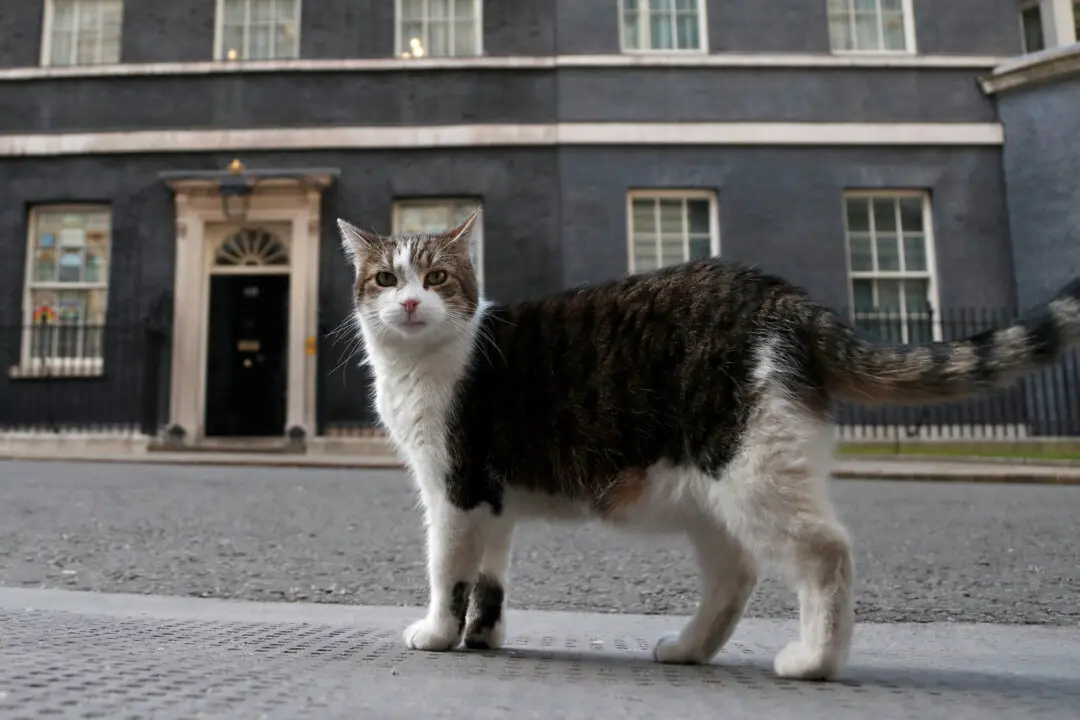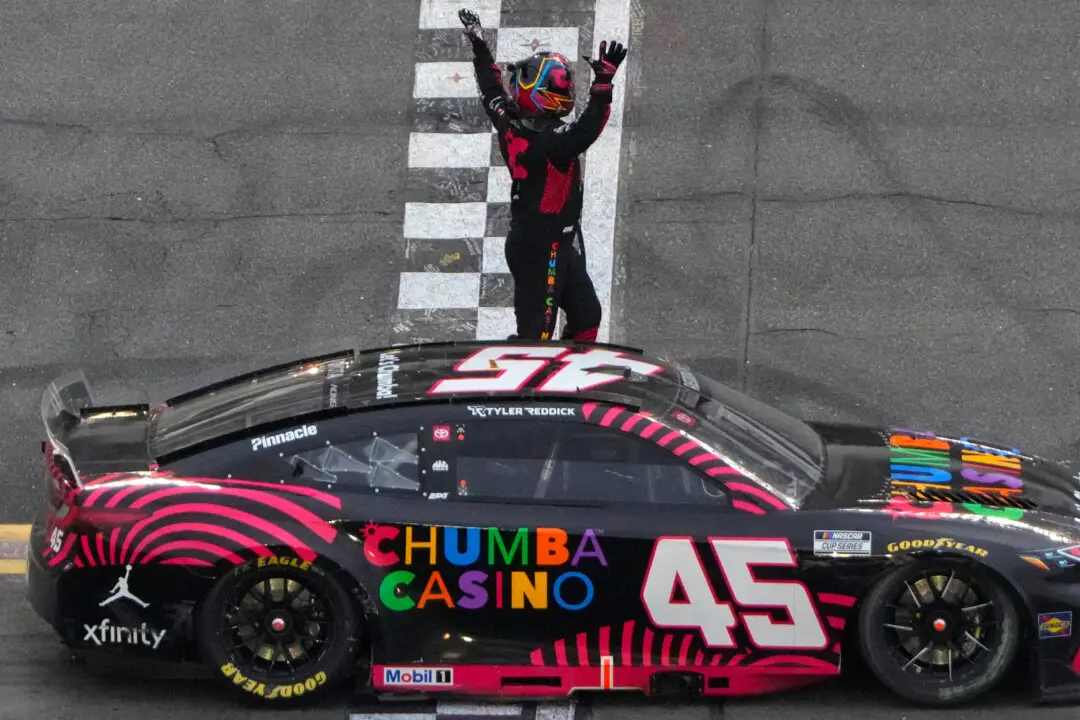HONG KONG—A Hong Kong judge on Friday denied a government request to ban a popular protest song in a landmark decision after Google had resisted official pressure to alter internet search results for the city’s anthem.
The development was a setback for Hong Kong leaders who are trying to suppress a pro-democracy movement. They have been embarrassed when “Glory to Hong Kong"—written during mass pro-democracy protests in 2019—was mistakenly played at international sporting events instead of China’s national anthem “March of the Volunteers.”





